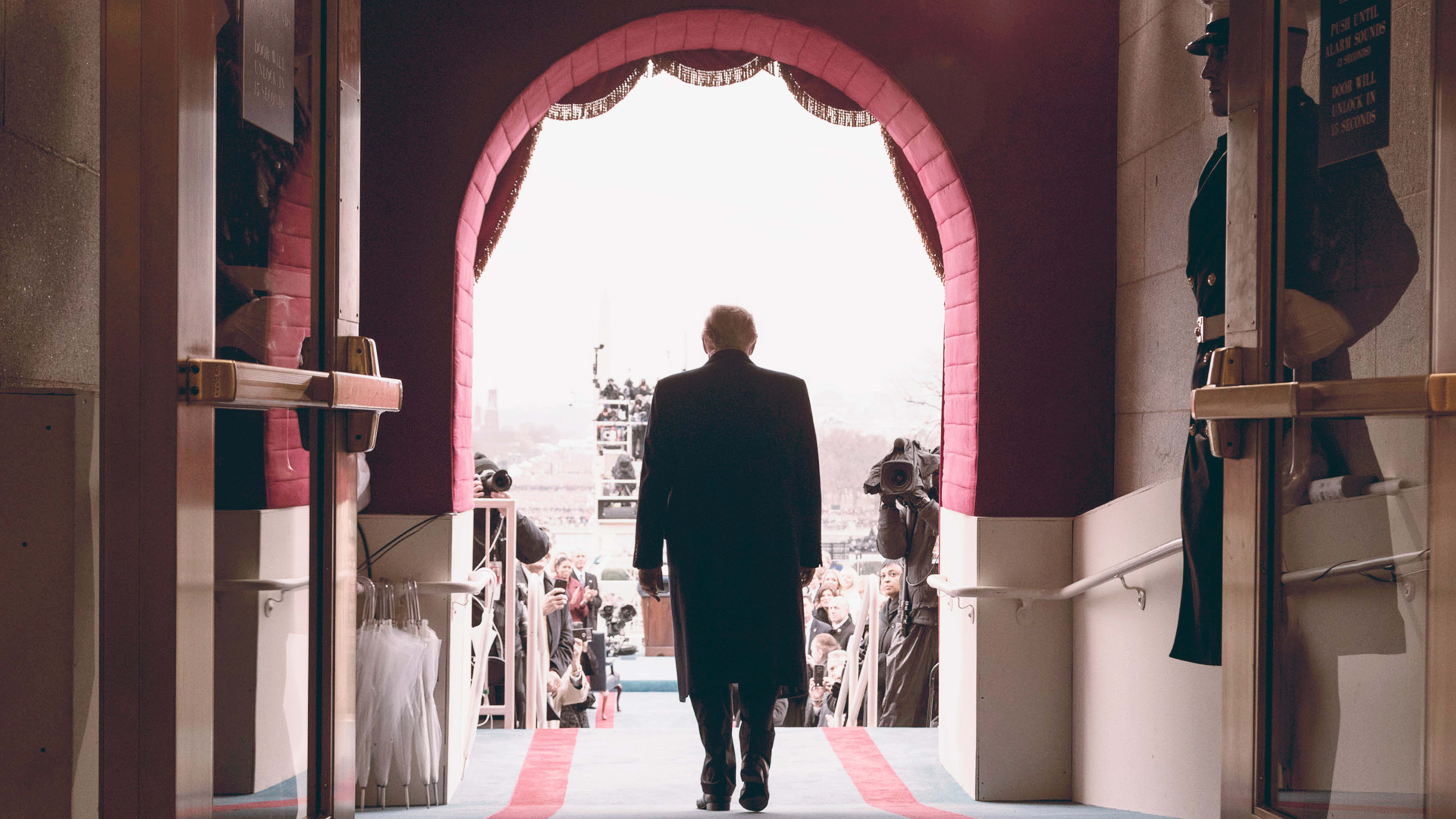Last Friday, actor and comedian Kal Penn issued his letter of resignation from the President’s Committee on the Arts and the Humanities, following Donald Trump’s refusal to outright condemn the actions of white supremacists and neo-Nazis in Charlottesville. Penn’s letter was also signed by the other 16 members of the PCAH, creating a mass exodus of the committee that president Ronald Reagan instituted in 1982 as “an advisory committee to the White House on cultural issues”–an idea that was all well and good until Trump.
Update:All members have now resigned. Per @politico, PCAH is an official agency, that makes this the 1st White House department to resign pic.twitter.com/kk7buaVr9G
— Kal Penn (@kalpenn) August 18, 2017
The real question is why now? The biggest and brightest red flag that Trump could care less about the arts or culture came in March when he proposed to eliminate the National Endowment for the Arts (NEA) and the National Endowment for the Humanities (NEH).
Musician and entrepreneur Paula Boggs has served on the PCAH under four administrations and offered some insight to what took so long for the PCAH to resign, and the enduring importance of the arts, especially under Trump.
Fast Company: What was it about Charlottesville that was the tipping point? That is to say, why now with this resignation and not sooner?
Paula Boggs: My first instinct was to resign from the President’s Committee for the Arts and the Humanities on or before January 20, 2017. Committee members were informed by then executive director Megan Beyer that we could serve until action was taken by the next administration. All of us on the committee cared and care deeply about the many programs and projects we oversaw, and none more so than TurnAround Arts, a program that pairs artists with some of our nation’s lowest performing schools that has resulted in rising test scores, higher attendance, and other success metrics.
Like many of us, I stayed on to help ensure a successful transition of TurnAround Arts to the non-governmental Kennedy Center. Even after that transition was complete, I was marginally hopeful. By remaining on the committee, my colleagues and I could use that platform to advocate for NEA and NEH funding in the current federal budget cycle even as the administration zeroed out funding for both in the budget it submitted to Congress.
I am someone who has worked in and with both Republican and Democrat administrations and value bi-partisanship. Across the four administrations I’ve served (Reagan, Bush Sr., Clinton, Obama) I never doubted our president’s commitment to American values, even when I disagreed with his policies, positions, or tactics. Each of those presidents brought our country together during times of national trauma. As stated in our letter, this president’s statements in the aftermath of Charlottesville, relating to neo-Nazis are so inconsistent with American values that, for me, remaining on the Committee became untenable.
FC: In what ways do you think the arts and humanities can contribute to unifying this country?
PB: There is no “America” as we know it without the arts and humanities. Artists across all mediums along with writers, geographers, philosophers, historians, theologians, and linguists can choose to use our gifts to help America move towards a more perfect union–a union where we have empathy for “the other” even when we disagree.
Through music, dance, fine art, acting, design, architecture, and the like we touch every American. We artists and writers have a powerful reach and through its use, even when our voice is angry, frustrated, or depressed, we can make a difference. Kendrick Lamar helps America move towards a more perfect union, just as Bob Dylan and Nina Simone did a generation ago, and Woody Guthrie before that. And we can find parallels across the arts and humanities. We may even choose to use our platform borne from the arts in ways wholly separate from the art we create. No matter what you thought of his policies or of the man personally, Ronald Reagan was an example of an artist who rose to meet the responsibilities of citizenship.
Recognize your brand’s excellence by applying to this year’s Brands That Matter Awards before the early-rate deadline, May 3.
